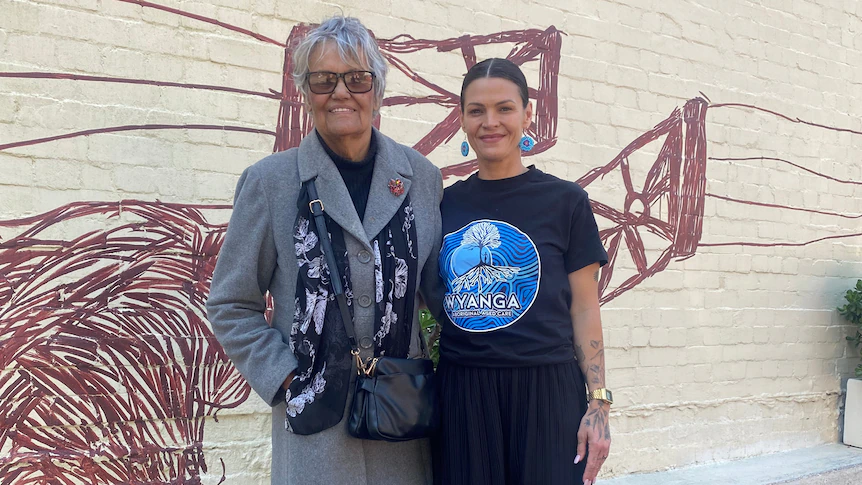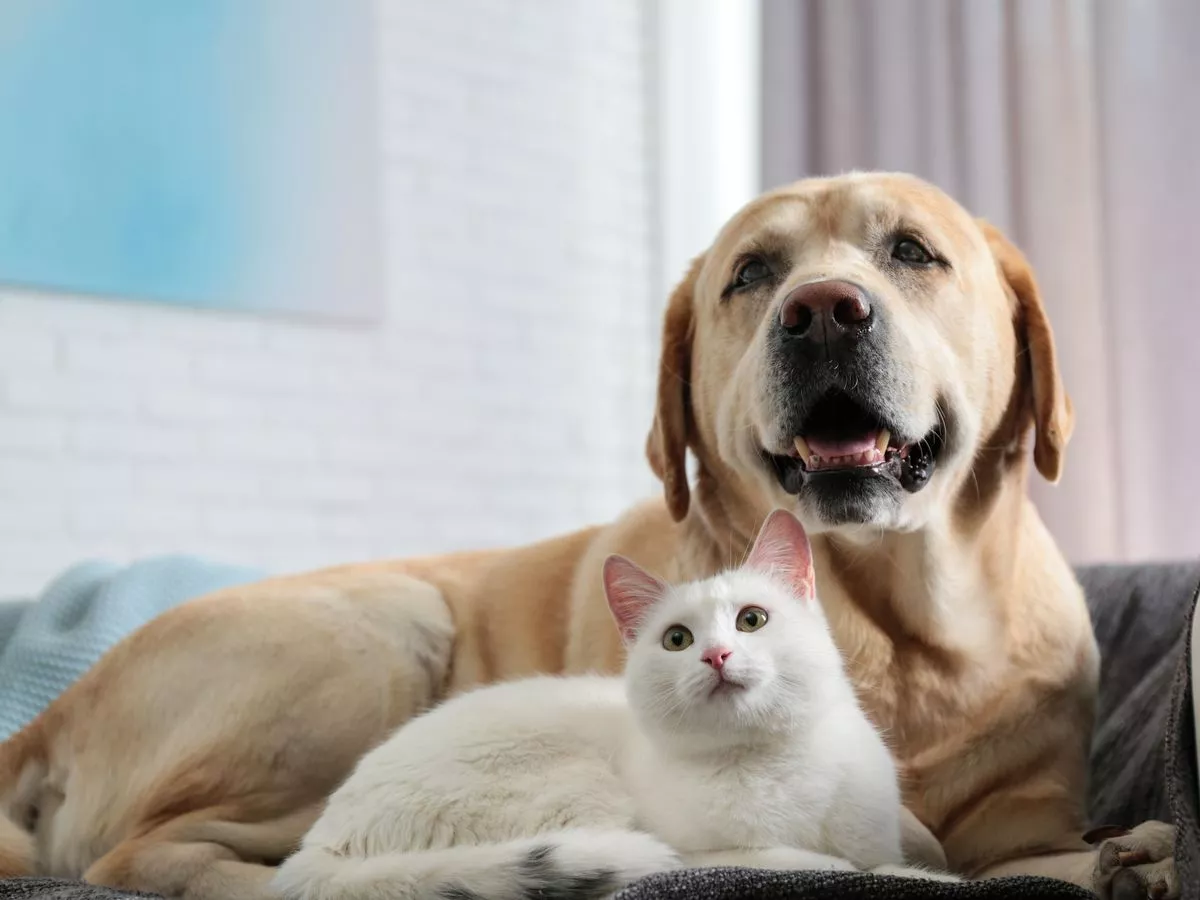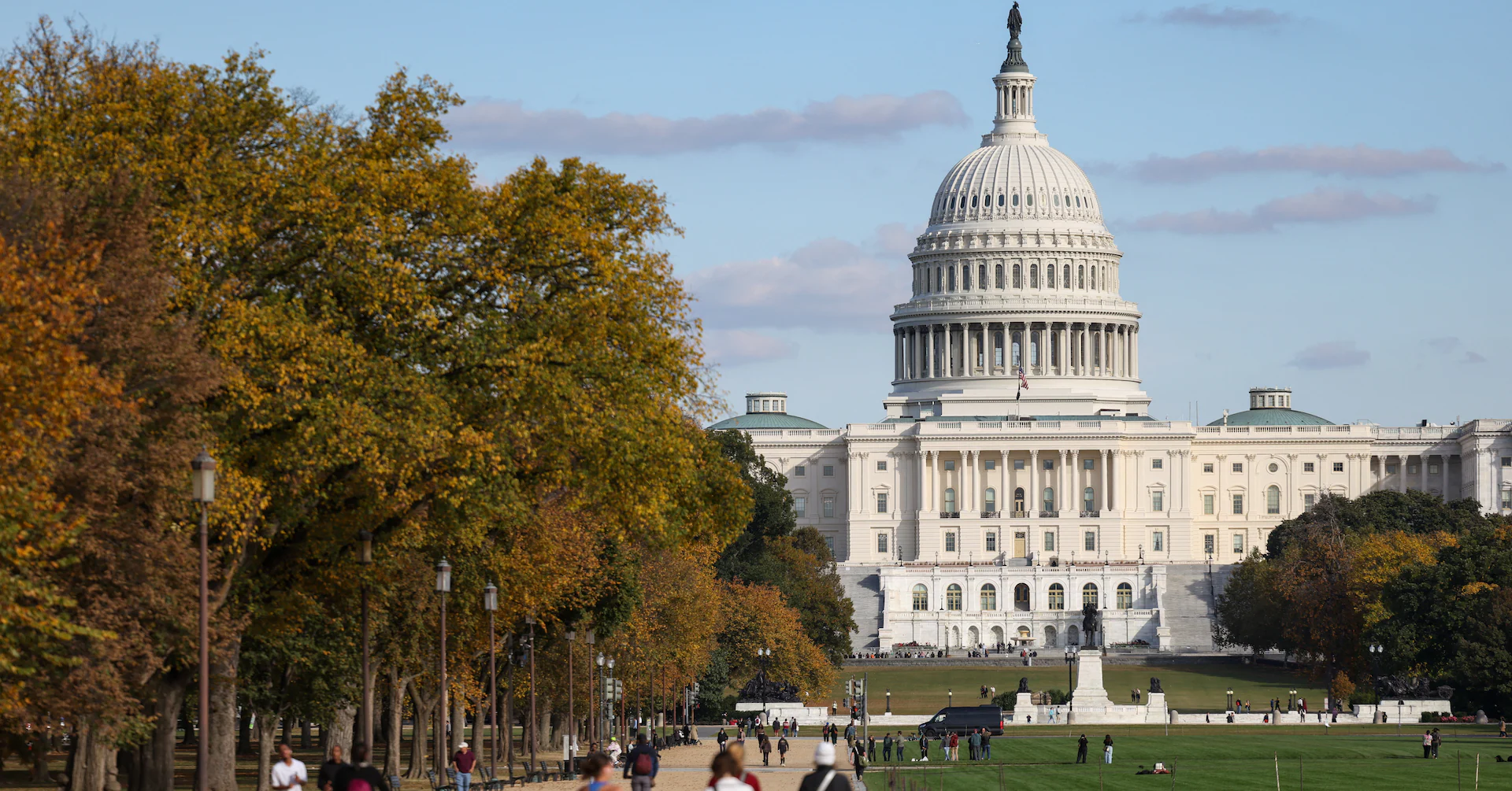Copyright abc

A council-owned car park in Sydney's inner south is set to become a 50-person aged care facility for local Indigenous elders. City of Sydney Council awarded the $20 million site in Redfern to Wyanga Aboriginal Aged Care for the nominal fee of $1. Aboriginal and Torres Strait Islander readers are advised that this article contains the image of people who have died. "It will mean deep reassurance for our people in our community that our elders are going to be properly cared for," Wiradjuri woman and Wyanga Aboriginal Aged Care CEO Jarin Baigent said. Wyanga Aboriginal Aged Care has provided culturally safe home care and support services to the local community for the past 30 years in the site next door to the car park. But this project will see its services and space expand like never before. "This is a true demonstration of what culturally safe and meaningful care looks like for our people into the future," Ms Baigent said. Looking after elders 'the best way possible' Set up in 1996, Wyanga has already gone through several transformations. After much advocacy, it received 10 home care packages from the federal government before becoming a community-controlled organisation. Its turning point came when the Indigenous Land Corporation purchased and renovated an old plumbing shop in Redfern, providing Wyanga with a modern facility. Ms Baigent said the facility was "designed and developed out of a need for appropriate aged care for Aboriginal elders in their own home". Her grandmother, Wiradjuri Elder Millie Ingram, is one of the founding board members. "We know better than most how important this project is," Ms Baigent said. The project will see Wyanga partner with not-for-profit Uniting to begin the facility's design and construction. Wyanga to have full ownership in long-term The 55-space car park will still be kept for public use and moved underground as part of the site development. Conditions on the site transfer also include that it must be used for aged care purposes in perpetuity. Long-term, Uniting has committed to officially handing over ownership and operation to Wyanga — so it is fully owned and run by the community. "Uniting has a lot of experience in development opportunities in residential aged care, so it's important that we do that with Wyanga and then have an exit strategy for Wyanga to be self-determined," director of First Nations Strategy and Outcomes at Uniting Gavin Mackey said. Mr Mackey, a Tagalaka man from north-west Queensland, said mainstream aged care services were not fully equipped in providing culturally appropriate care. "Until we get to that place, aged care for First Nations elders has to be put into the hands of our Aboriginal organisations," he said. Sydney Lord Mayor Clover Moore said the City of Sydney was being as creative as possible to provide housing for people at all stages of life — on land it manages — to those who need it most. "We made the land available for something that we strongly support, and we've done that at other sites too in order to get things to happen," she said. "We saw there was a need and Aboriginal and Torres Strait Islander people are a very important part of this community. "What's very special about it is that First Nations elders will be living in the area, this has been home to Aboriginal people for a very long time, and they'll be amongst friends and family." More culturally sensitive services needed The project comes as the country grapples with a critical aged care bed shortage. In NSW, 1,100 people are currently waiting in hospital beds across the state for an aged care or NDIS placement. Last week, NSW Health Minister Ryan Park said the figure is the equivalent of two Sydney hospitals. "That puts pressure on our front end eds [emergency departments]," he said. "That's a challenge that our clinicians are dealing with and that means from time to time we don't meet communities' expectations." New aged care laws will come into effect from November 1, after the Royal Commission into Aged Care final report found systemic failures and made 148 recommendations. The legislation aims to address about 60 recommendations including more support and funding for culturally appropriate care, but there are concerns it will not significantly address existing gaps. Ms Baigent said more initiatives that support Aboriginal community-controlled organisations to "lead in the space that they rightfully should be leading in" are needed. "All of our elders deserved to be cared for everywhere," she said. "We know that we're the best possible people to be able to do that — as Aboriginal people from the community — we are the right people to look after our elders."



